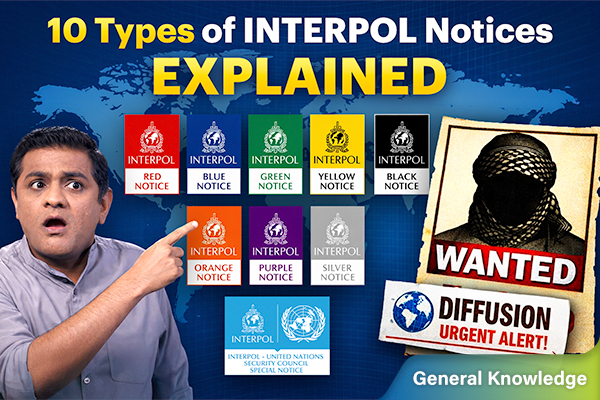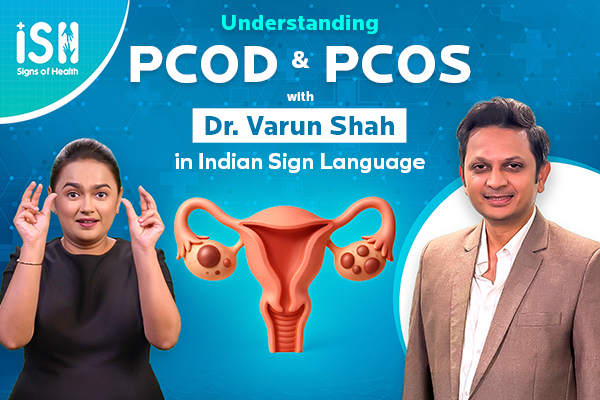The Worth of Financial Literacy
Financial literacy means understanding how to manage, save, borrow, and invest money wisely to achieve a secure financial future.
Financial literacy means knowing how to manage your money wisely. It includes understanding simple money concepts like how to make a budget, save money, borrow and repay loans, build a good credit score, and invest for the future. If you want to live a stress-free life financially, then learning financial literacy is the first step.
Being financially literate helps you take better decisions about your money. It helps you avoid overspending, prepare for emergencies, manage loans, and plan for your goals like buying a house, saving for a car, or going on a vacation.
Financial literacy is important because it helps you in many ways. It prepares you for unexpected expenses, teaches you how to manage debt better, helps you stay on track with your goals, and can even improve your spending habits. It also helps you make smart and honest decisions when choosing insurance, loans, or credit cards.
There are five main parts of financial literacy. The first is budgeting. Making a budget helps you control your money and avoid wasting it on unimportant things. One easy way to budget is the 50-30-20 rule—use 50% of your income for needs (like rent and groceries), 30% for wants (like shopping or eating out), and save the remaining 20%.
The second part is building and improving credit. In India, this is called your CIBIL score. A good credit score helps you get loans and credit cards easily. To improve your score, borrow money only when needed, check your credit reports regularly for any mistakes, and try to use only 30% or less of your credit card limit.
The third part is saving. You can save money in different ways—using a savings account, setting up a retirement fund, or keeping an emergency fund for tough times. Set clear goals for saving so you know how much you need. Before buying something that’s not urgent, wait for a few days—you may realise it’s not really needed.
The fourth part is borrowing and repaying debt. When you take a loan—like a personal loan, car loan, or home loan—it affects your credit score and financial health. Credit cards are also a type of loan. Use them carefully and make sure you repay on time to avoid falling into debt.
The fifth part is investing. Saving is good, but investing helps your money grow over time. Learn about different options like stocks, bonds, and mutual funds. Remember, investing always has some risk, but higher risk can also give higher returns. For short-term needs, you can keep your money in a savings account or a fixed deposit. For long-term goals, investing in stocks or mutual funds can be a smart choice.
In short, being financially literate helps you stay in control of your money and live a more secure and peaceful life.







